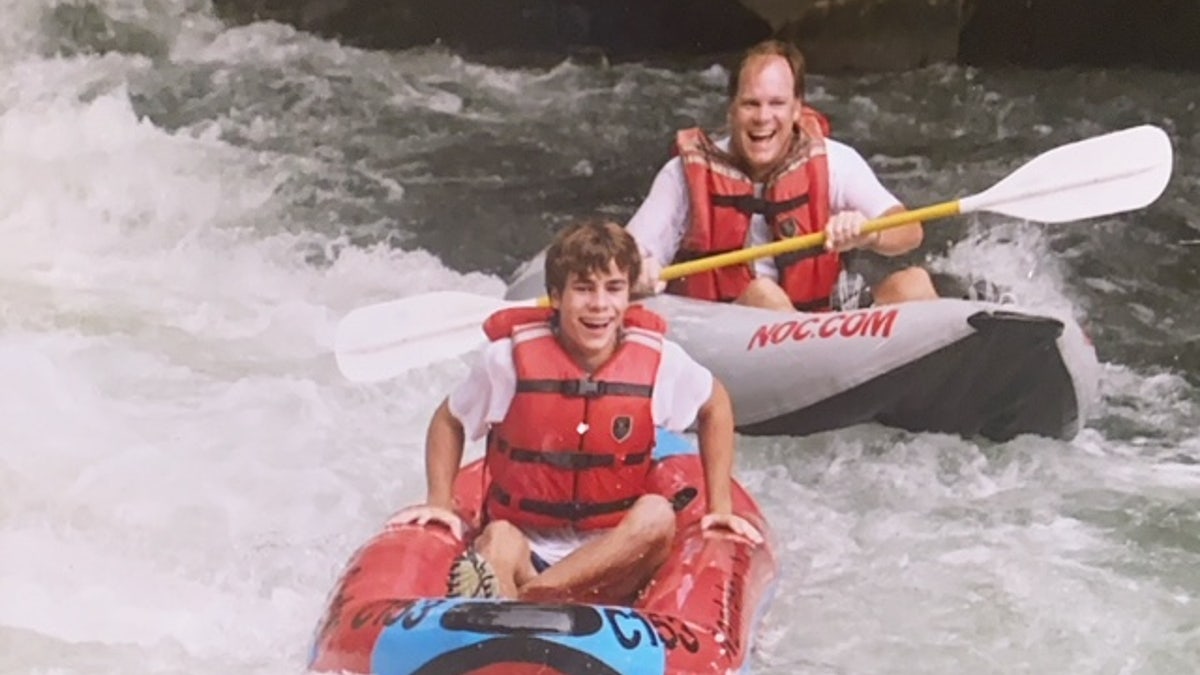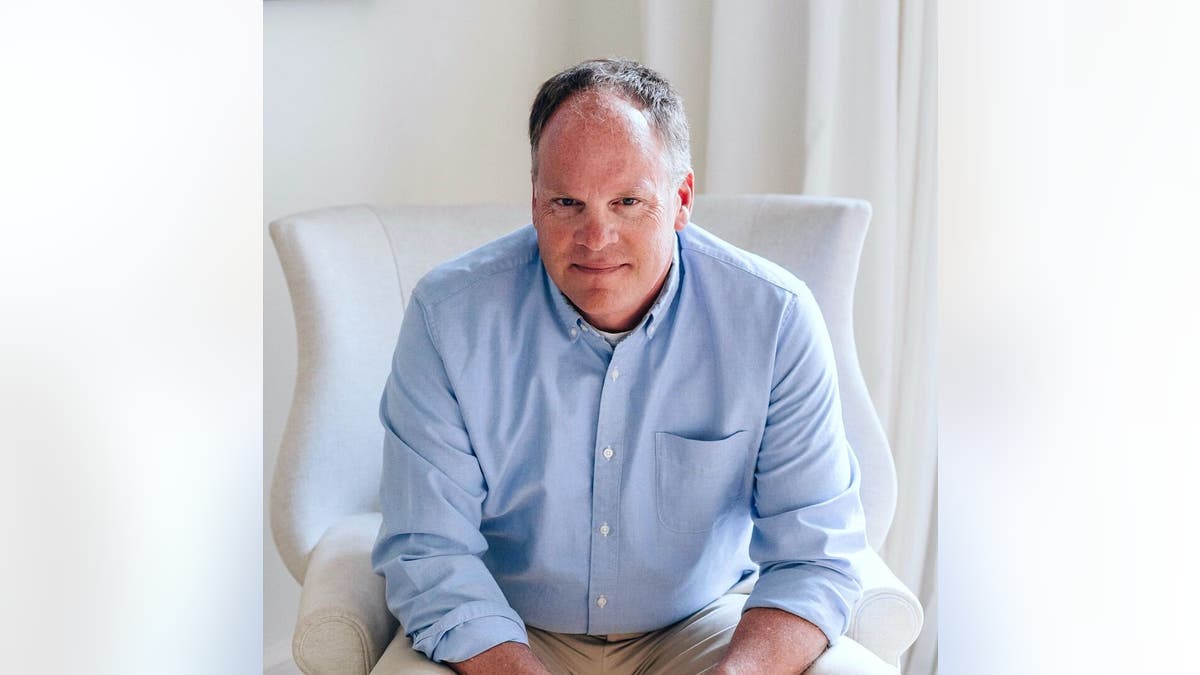7 out of 10 pills seized by the DEA contain fentanyl, lab results reveal
DEA Administrator Anne Milgram joins 'America's Newsroom' to discuss the organization's goal of saving American lives as more than 60 million 'fake' pills containing fentanyl have already been seized in 2023.
As a father whose son died of an opioid overdose, it infuriates me to watch the same corporations that profited from spreading opioid addiction positioning themselves to profit off the aftermath.
It should make you furious too. But there is still time to change course. Major drug distributors —including AmerisourceBergen, Cardinal Health, and McKesson—filled our communities with these dangerous and addictive drugs, resulting in hundreds of thousands of deaths over the last two decades. State and local governments sued them for their recklessness, and last year these distributors reached a settlement agreement that will funnel millions of dollars into affected communities for the next 18 years to help clean up the mess they left behind. Many states are receiving their initial payments now.
The settlement provides crucial funding for drug treatment and other programs aimed at addressing the health crisis. States are just beginning to determine how to use the money. Some are sitting on the settlement, seemingly frozen, not sure of the best path forward.
Every state in this country needs to distribute this money as quickly as possible. The scale of the problem is vast. Opioid overdoses killed nearly 83,000 people in the U.S. last year, almost four times as many deaths as they caused ten years before. The victims are all of us, from every demographic sector – privileged high school and college students, middle-aged professionals, plumbers and electricians, and people without homes or resources who have suffered from drug addiction for years. Fentanyl overdose deaths have more than tripled in five years, according to the CDC.
But the drug crisis is hitting teenagers particularly hard. Parents are right to be concerned about the real and ubiquitous danger of fentanyl in their communities. In many cases, our young people are buying counterfeit drugs that have been cut with fentanyl to increase their addictiveness. These teens may never know until it’s too late.
That’s why it’s crucial for states and localities to invest some of these new resources into the distribution of naloxone, often marketed as Narcan, a miracle medicine that can reverse opioid overdose.

David Magee with his son William in an undated photograph.
Naloxone has saved many lives and can save many more. In fact, a large national study found that states with naloxone access laws saw a 14 percent decrease in opioid overdose deaths. It’s inexpensive and easy to administer. It should be made widely available – in schools, in communities, everywhere.
CLICK HERE FOR MORE FOX NEWS OPINION
Maybe if the antidote had been more widely available, William would be a lawyer today. A decade ago, my son checked into substance treatment soon after graduating as an honors student and athlete from Ole Miss. William initially misused substances in an attempt to self-medicate his anxiety and depression.
After treatment, William was doing well in recovery, hoping to go to law school, but he relapsed and began using opiates again. I found him dead, at the age of 23, of an accidental overdose in the spring of 2013.
In the years since, I have done extensive work trying to save the lives, and joy, of this country’s youth, and I’m proud that we’ve dug in deep at my alma mater, Ole Miss, creating The William Magee Center for alcohol and drug wellness education and research.
This work has saved lives, and it’s begun much-needed conversations about finding and sharing solutions which can be implemented broadly, helping us find our way out from this crisis. Still, we are burying too many young people, and we need to do more.

David Magee is the founder of the William Magee Center for AOD and Wellness Education and the William Magee Institute for Student Wellbeing at the University of Mississippi. He is the author of the book, "Dear William: A Father’s Memoir of Addiction, Recovery, Love and Loss." (Courtesy David Magee)
States should immediately move to use the settlement money to fund everything from addiction treatment to educational campaigns. In deciding how to spend the money, though, there should be two non-negotiable principles. A significant share of the money needs to go to making the lifesaving antidote of naloxone widely available. But none of that money should go to the companies responsible for the epidemic.
CLICK HERE TO GET THE FOX NEWS APP
States that contract with those companies to distribute naloxone would be enabling these bad actors to buy down their liability. Those companies have agreed to pay a collective penalty of more than $19.5 billion for their involvement.
Distributing naloxone with settlement money would create a new profit stream that effectively reduces that penalty. They shouldn’t be permitted to make back a cent.













































